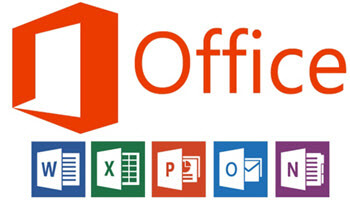As you may or may not know, Microsoft Outlook works as an email client and has myriad, robust tools for use by an individual, as well as group scheduling, and task lists, and reminders.
The tip below will give you more productivity in Outlook than you ever dreamed was possible.
Let’s start with how to recall an email.
I am certain that more than a few of my subscribers have had that sinking feeling the minute they clicked the send button when hastily transmitting a message! But be that as it may, whether you chose the incorrect wording or the incorrect recipient, life can and will change, at least for that moment, with one little click of your mouse. If, however, you are using Outlook 2016 as your email client, you will have a second chance using the recall function.
Follow the steps below to learn how:
- Navigate to your Sent Items folder and double-click the message you would like to recall.
- Select the Message tab on your Ribbon.
- In the Move group, select the Actions icon and click the Recall This Message option from the drop-down menu.
- Next, you will see a Recall This Message dialog window open that will ask you whether you want to Delete unread copies of this message or Delete unread copies of this message and replace it with a new message. You can also choose to receive a notification if recall succeeds on a per-recipient basis.
- Click OK.
If you asked to receive status notifications, you should see a Tracking icon appear on your Ribbon that, when clicked, will summarize the result of your attempted recall.
Caveat:
Email recall may not work for every recipient, so you might want to add a delay to the Send function as an alternative to the Recall function.
You see, you lose control over your email once you send it to a recipient who uses Gmail, Yahoo, or other email servers, so Recall will only work if you use Outlook with a Microsoft Exchange account and your recipient uses the same Exchange server. If you do not know if you use an Exchange account, you can check the email tab from the Account Settings window.
In my next post, we will cover another handy little tidbit in Outlook. Keep a lookout for it!
—
